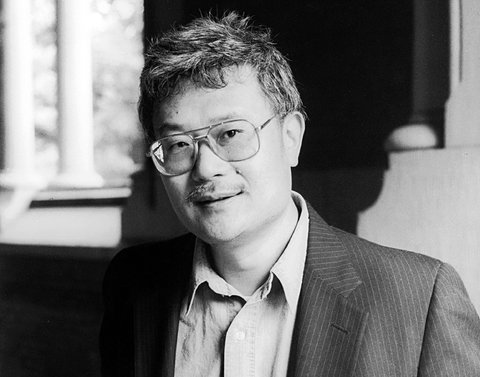Q. and A.: Ha Jin on Patriotism, Exile and ‘A Map of Betrayal’
 April 3, 2015
April 3, 2015
By Yongxi Wu | New York Times
Ha Jin‘s latest novel, “A Map of Betrayal,” tells the story of Shang Weimin, a Chinese mole within the C.I.A. He adopts the name Gary, becomes a United States citizen and, unable to return to his wife in China, starts a family with an American woman. When his identity is finally uncovered, China does nothing to save him. Gary takes his own life in his prison cell.
Issues of exile and identity figure strongly in Ha Jin’s own experiences. After joining the army at the age of 14, he studied English at Heilongjiang University and then earned a master’s degree in Anglo-American literature from Shandong University. In 1985, he entered a PhD program at Brandeis University and chose to remain in the United States after the military suppression of the Tiananmen protests on June 3-4, 1989. Ha Jin (the pen name of Jin Xuefei) has been unable to return to China to visit his family, and although he has published more than a dozen books, most have been banned there.
Most of his early works are set during the Mao era in China’s northeast, where he grew up. These include his 1999 novel “Waiting,” which won the National Book Award and PEN/Faulkner Award, about an army doctor who must wait 18 years to end his loveless marriage. But since his 2007 novel “A Free Life,” much of his writing has focused on the lives of Chinese immigrants in the United States. Over the past two decades, he has published seven novels, including the Pulitzer Prize finalist “War Trash” (2004), six collections of short stories and several poetry collections, and he is currently a literature professor at Boston University. In an interview, he discussed his new novel, patriotism, exile and the challenges of writing in two languages.
Read more in the New York Times Sinosphere Blog.






